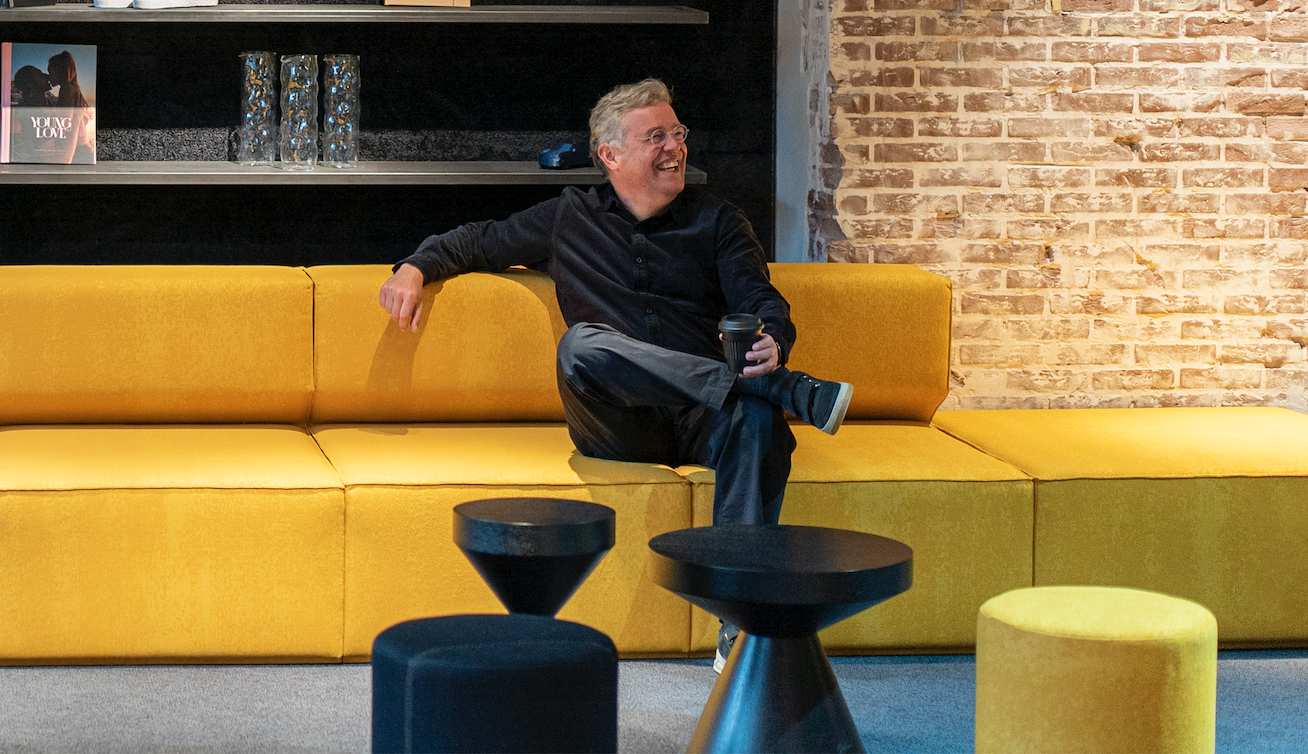
Alain Visser, CEO of Lynk & Co (2): ‘We are the wild horse in the stable’

Alain Visser, CEO of Lynk & Co, wanted his company to be “the wild horse in the stable”, waking up the car industry /Lynk & Co
Alain Visser, CEO of Lynk & Co, preaches the revolution. He doesn't want to sell cars anymore, he wants to lend them monthly, and he wan


Comments
Ready to join the conversation?
You must be an active subscriber to leave a comment.
Subscribe Today